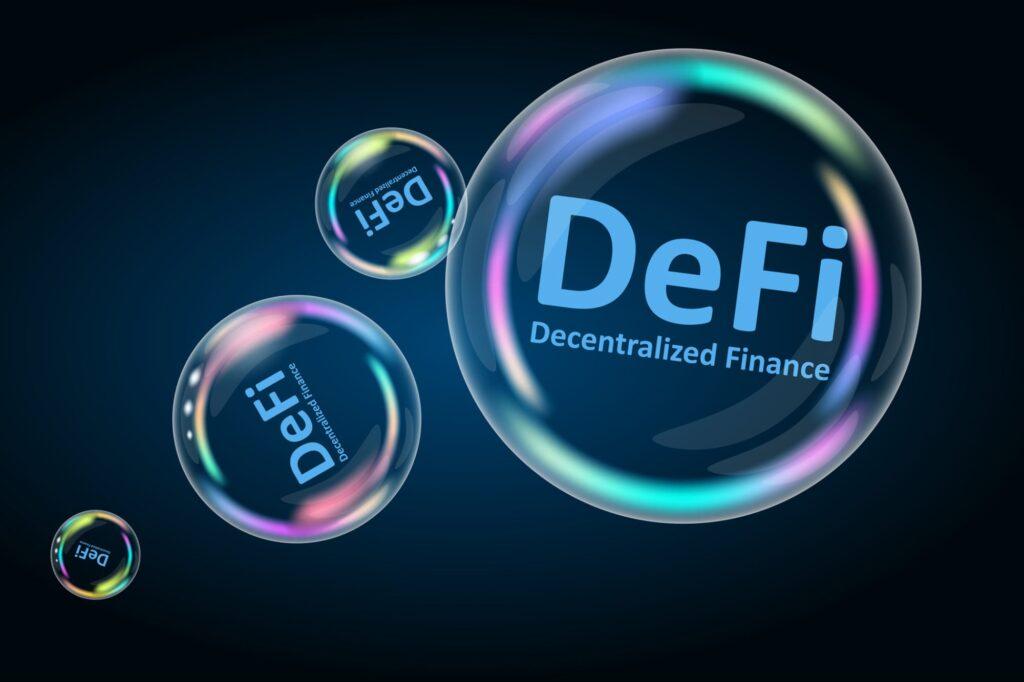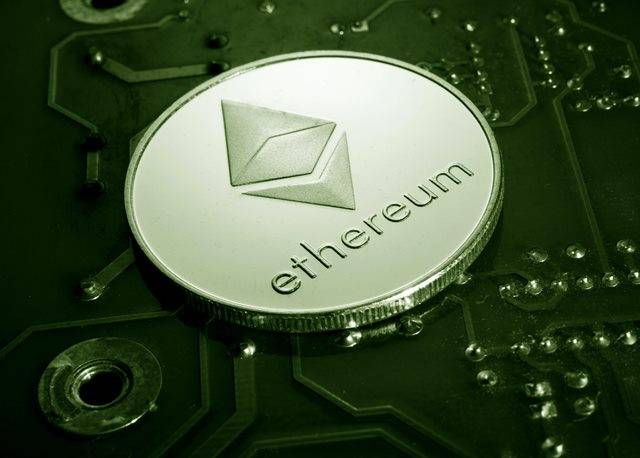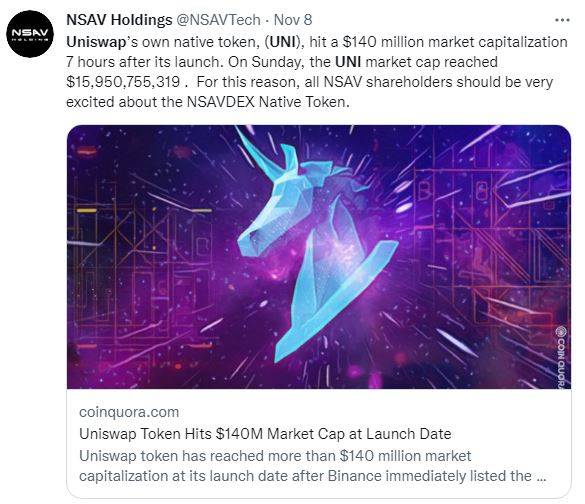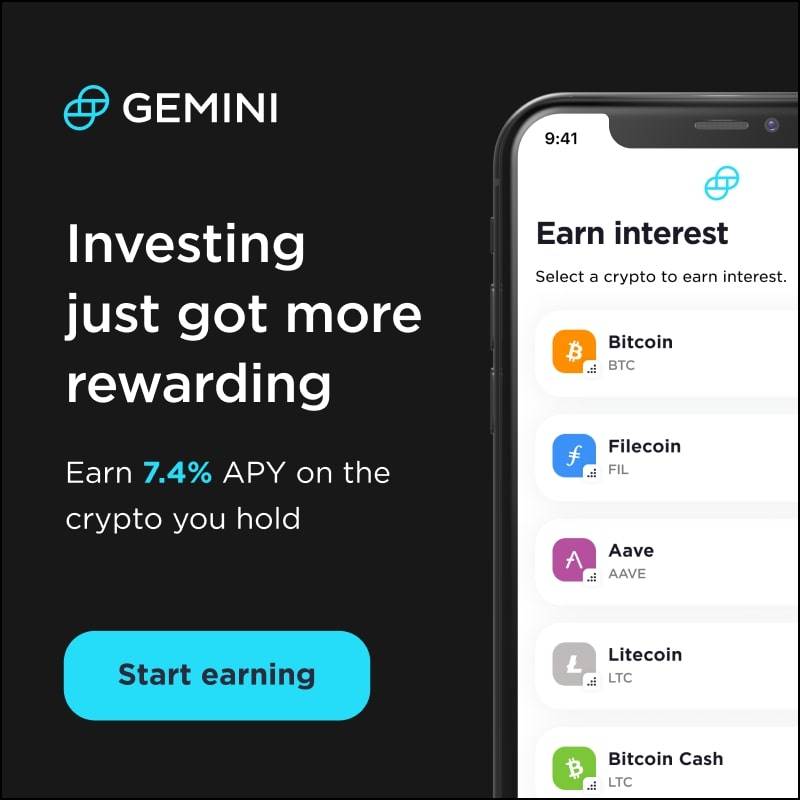
Decentralized finance ‘DeFi coins,’ the new digital assets, come with many options, hence it could be challenging knowing best DeFi coins to invest in. The cryptocurrency market continues to evolve, with interesting competition amongst the various DeFi coins.
Knowing the best DeFi coin to invest in 2021 requires up-to-date understanding of the demand/supply pull—which is often determined by intrinsic and extrinsic factors like world politics, perception, coin stability, and more. While there are no perfect situation with DeFi coins, the right information helps you play safe. In this article, you would be learning about the best DeFi coins to invest in right now.
Uniswap (UNI)
Uniswap is a popular decentralized trading protocol. Launched in November 2018, it is the second biggest DeFi coin in terms of market cap, with a cap of just over $15.7bn as of 7 October 2021. It is special it facilitates automated trading of DeFi tokens. With the surge in token trading, Uniswap became more popular, making it the best DeFi to invest in 2021. Uniswap simplifies the process of buying and selling digital assets, with an alternative platform that can swap any two Ethereum-built assets seamlessly on top of an underlying liquidity pool: This takes away the limitation that comes with centralized systems of processing transactions that may be affected by network congestion, resulting to more costs for payments, longer waiting times for transactions, and unreliability.
Pros
- UNI is a Large Cap Asset
The size of the asset’s market capitalization is a very critical factor in determining which DeFi coin to invest in. A large-cap asset investment has a market capitalization of $10 billion or more. With a market capitalization of $16,580,559,402, UNI is huge. Despite the ban on cryptocurrencies in some countries, UNI still commands a relatively better price of $27.11 which is less than 39.72% of its all-time high price.
- Finding information (as price forecast, news on upgrades, partnerships) about a cryptocurrency with a large capped asset, is very easy.
- With long-term prospects, growth, and value as an investor, you can include UNI in your portfolios of investments.
- Uniswap is listed on cryptocurrency exchanges since 17th September 2020. According to CoinMarketCap, with a first trading day volume of $1,762,718,357 and a market capitalization of $590 million, UNI is listed in over 10 cryptocurrency exchanges worldwide.
- Increase Users of Uniswap Due to No Verification
- Uniswap Has Unveiled Version 3 Upgrade to Stay On Top of DeFi
- Uniswap May Be Subjected to an Unbalanced Demand versus Supply
- UNI thrives on a Secure Decentralized Exchange
Cons
- Disbursement Leads To Some Decentralization
- Uniswap Faces Competition in the Decentralized Exchange Space
- Network Speed is far behind competitors
- Susceptible to Crypto News in Bullish Days and Bearish Seasons
Bitcoin
Since its introduction in 2009, today, it is by far the most widely adopted cryptocurrency, with a total value of over $677 billion. Investopedia notes that 18.6 million coins have been mined, leaving about 3.4 million still to be discovered.
Claim up to $26,000 per W2 Employee
- Billions of dollars in funding available
- Funds are available to U.S. Businesses NOW
- This is not a loan. These tax credits do not need to be repaid
Pros
- Has more potential for high returns
- Protection From Payment Fraud
- Immediate Settlement, International Transactions.
- Diversification and greater liquidity
Cons
- High volatility and potential for large losses
- Black market activity
- No refund
Ethereum
Ethereum is comparatively more complex than more transactional cryptos like Litecoin or Bitcoin. It offers an opportunity for a much-decentralized digital ecosystem. It is a solid investment opportunity that requires updated information and cares to navigate successfully.
 Pros
Pros
- Ethereum Is Decentralized
- Another interesting fact about Ethereum is that there’s no over-concentration of users, with over 15,7911 nodes spread across the globe.
- Ethereum gives you more than the usual Cryptocurrency
- Unlike Bitcoin, Ether (ETH) is not capped and has practical utility.
- Ethereum has a very large community of active developers spread across the world. This means that it is harder for malicious users to gain control of the blockchain.
- Every crypto wants to build bridges to Ethereum and many crypto projects, including Binance Coin and Tron, started on the Ethereum network as ERC-20 tokens before moving to their chain.
Cons
- Ethereum Struggles With Scaling: While its multi-functionality may be an attractive feature, some investors are simply wary of investing in ETH because the more features it includes, the more vulnerabilities there are that could be exposed.
- Ethereum Uses A Complicated Programming Language
- High Transaction Fees Have Pushed Some Developers Away
- The Smart Contract Arena Is Extremely Competitive
- Ethereum Is not capped, meaning it lacks scarcity.
Chainlink
Chainlink is one of the hottest cryptos on the market right now, with a market cap over $11.3 billion as of October 2021. It is an Oracle and supplies values to other projects for a fee. Chainlink doubled its active developer count between Q3 of 2019 and 2020, according to the Electrical Capital Developer Report, making it one of the fastest-growing projects in the blockchain space. Chainlink is a decentralized network of nodes launched on the Ethereum blockchain that power the network through decentralized data providers called oracles. It provides real-world data from third-party sources to on-blockchain smart contracts through the oracles. Its native ERC-20 token is rewarded to oracles who provide accurate data.
 Source: Twitter
Source: Twitter
Pros
- Chainlink can make the interaction of different blockchains possible, solving the problem of interoperability associated with others. Chainlink is designed to be used with any blockchain, resulting in the potential for many opportunities for integration.
- Experts say having an oracle such as Chainlink in place will be key to the long-term stability and viability of cryptocurrency in general, making it a sound investment.
- Chainlink recently announced the launch of a Programmable Token Bridge that will allow for new communication between DeFi blockchains. This will help DeFi to properly scale and avoid the bottlenecks holding back the earlier generations of blockchain projects.
- Chainlink brings the right technology and enough resources for further development
- Chainlink is in partnership with more than 150 reputable companies such as Hashgraph, Polkadot, and Polygon (formerly Matic Network).
Cons
- By principle, Chainlink is built on Ethereum: this means all or most problems associated with Ethereum could potentially affect Chainlink.
- 60% of the supply remains under the control of the parent company (not freely traded on the market) and there are no restrictions regarding the distribution of node operators’ rewards.
- Limited guarantees for the investors that the partnerships involved will belong.
- Again, Chainlink has a lower development speed and it remains unknown how long it will take to implement a new real working solution that will affect the execution of financial transactions.
- The oracle network is still quite limited and can be even more decentralized
- Finally, there is also no roadmap released that can guide the platform.
Other great mentions to invest in right now include Terra LUNA, Aave (AAVE), Avalanche (AVAX), Compound (COMP), Band Protocol (BAND), Polygon (MATIC), Solana (SOL), and Uma (UMA). Remember, the key is to get as much education on any DeFi coin you consider.
Top Crypto Platforms to Get Started
Whether you a professional investor or an amateur, if you are interested in earning interests in cryptocurrency, you can get started with the two best platforms of all time: BlockFi and Gemini.
Listed below is a quick comparison table between the two platforms to help you decide which is best for you.
BlockFi | Gemini |
BlockFi is best recommended for those who:
| Gemini is best recommended for those who:
|
Pros of BlockFi
| Pros of Gemini
|
Cons Of BlockFi
| Cons Of Gemini
|
DeFi Users Vary of Destabilization Amid Stablecoin Depegging
A recent phenomenon has threatened to rock investors’ trust in stablecoins. As users try to exit, the trend is daunting the asset to throw it off its dollar pegs. To make matters worse, some investors worry that one stablecoin losing its pegs could have a contagious effect and diminish the values of multiple stablecoin assets.
How It Happened
In late January, popular on-chain analyst ZachXBT revealed that the CFO of Wonderland, a DeFi project, was actually Michael Patryn, co-founder of QuadrigaCX, the fraudulent Canadian crypto exchange.
That has led to an instant decline of 40% in Wonderland’s price. Projects like Abracadabra and Popsicle Finance also experienced a similar decline since Daniele Sestagalli, Wonderland founder, also controls them.
Repercussions
According to several experts, this incident can create a dangerous cycle where the faltering of one stablecoin can result in the decline of others.
The stablecoin volatility has increased as investors look for stability. Many people are withdrawing their funds from coins other than UST or MIM. Due to this very reason, major liquidity providers have decided to remove funds from the curve pool in the recent past.
On-chain analysts have noted that Alameda garnered a $500 million position on the evening of January 27th. You’ll be shocked to know that the amount of liquidity in the UST-MIM pool on the Ethereum mainnet has reduced to half from the morning of January 27th to January 28th evening.
During a crash on the 27th evening, the MIM-3 pool reserve was just $40 million in USDC/DAI/USDT for $1.2 million in MIM. That caused a depegging that showed its effects over to UST.
To sum it all up, while some investors are worried that UST and MIM could serve as a ‘contagion’ that destabilizes other pools on the curve, experts say that the odds of the volatility extending beyond MIM and UST is very low.










